If Democrats win control of the Senate in November, the new committee chairs will include a senator tried on federal corruption charges, two octogenarians, a democratic socialist and a former tech industry executive, among others.
Democrats have their best shot at reclaiming the Senate majority since being ousted in 2014. With several GOP incumbents in danger of losing their seats — many of them outraised by their Democratic opponents and lagging in the polls — the makeup of a Democrat-led Senate is coming into focus.
In particular, the senators poised to take over some of the most high profile committee gavels are mapping out an ambitious agenda. They’re clear-eyed about what it will take not only for Democrats to gain a net of at least three seats, but also to have a President Joe Biden to work with, rather than another four years of Donald Trump.
Potential committee chairs include 79-year-old Bernie Sanders (I-Vt.) at Budget; 80-year-old Patrick Leahy (D-Vt.) at Appropriations; 87-year-old Dianne Feinstein (D-Calif.) at Judiciary; Sherrod Brown (D-Ohio) at Banking, Housing and Urban Affairs; Mark Warner (D-Va.) at Intelligence; and Robert Menendez (D-N.J.) at Foreign Relations.
The disparate group shows how seniority pays off in the Senate, where if you last long enough, you can end up with a gavel.
Democrats will tackle a wide array of issues if they control the chamber come January. For starters, they are expected to begin rolling back many of the Trump administration’s actions — on everything from climate change to immigration, health care and taxes. And Democrats, likely with a fellow party member in the Oval Office, would push their own progressive agenda, including oversight of tech giants, infrastructure, energy and environmental programs.
Here’s who would have critical roles in a Democratic-controlled Senate.
Robert Menendez
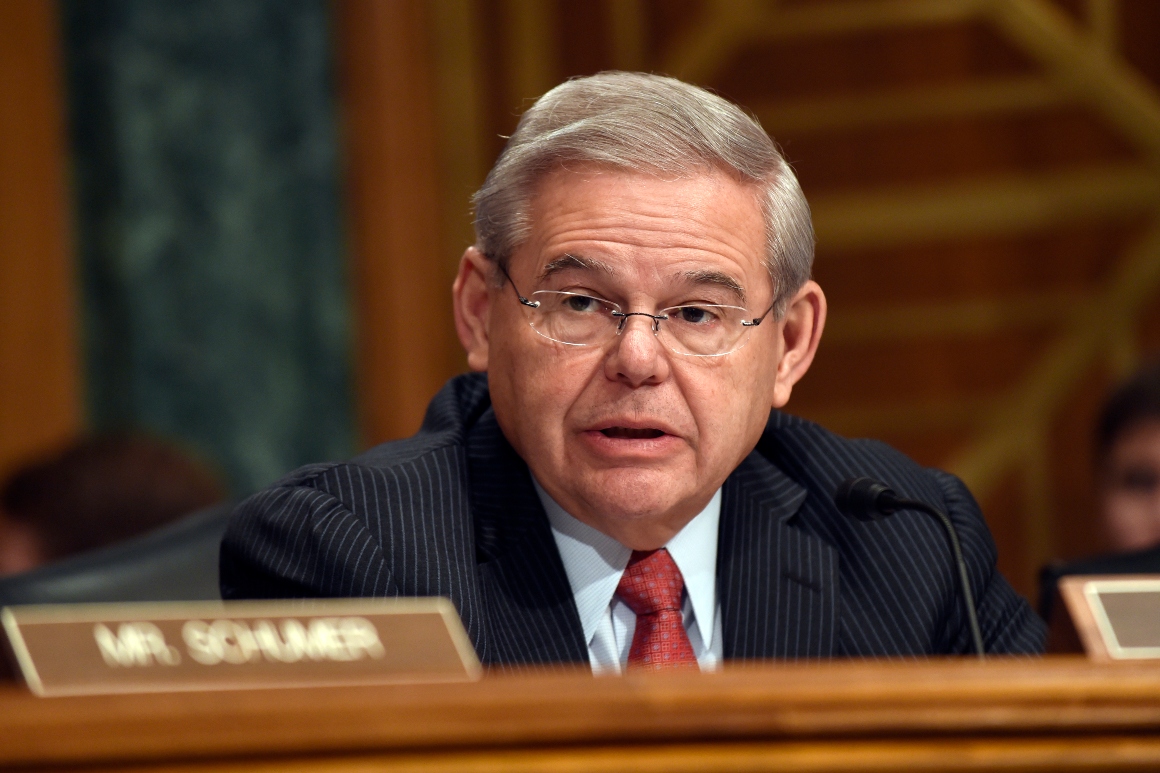
Often an antagonist of the progressive left when it comes to foreign policy, Menendez would reclaim the Foreign Relations Committee’s gavel, which he held from 2013-15. The New Jersey Democrat was acquitted on federal corruption charges two years ago, and he has challenged the Trump administration on an array of national security crises that have arisen over the past four years, including the president’s decision to pull U.S. forces out of northern Syria.
In an interview, Menendez said he wants to “restore the centrality of the committee and its importance in foreign policy” — the panel has largely taken a back seat in recent years — and will prioritize a “rebuilding” of the State Department, which has seen its budget reduced.
Ron Wyden
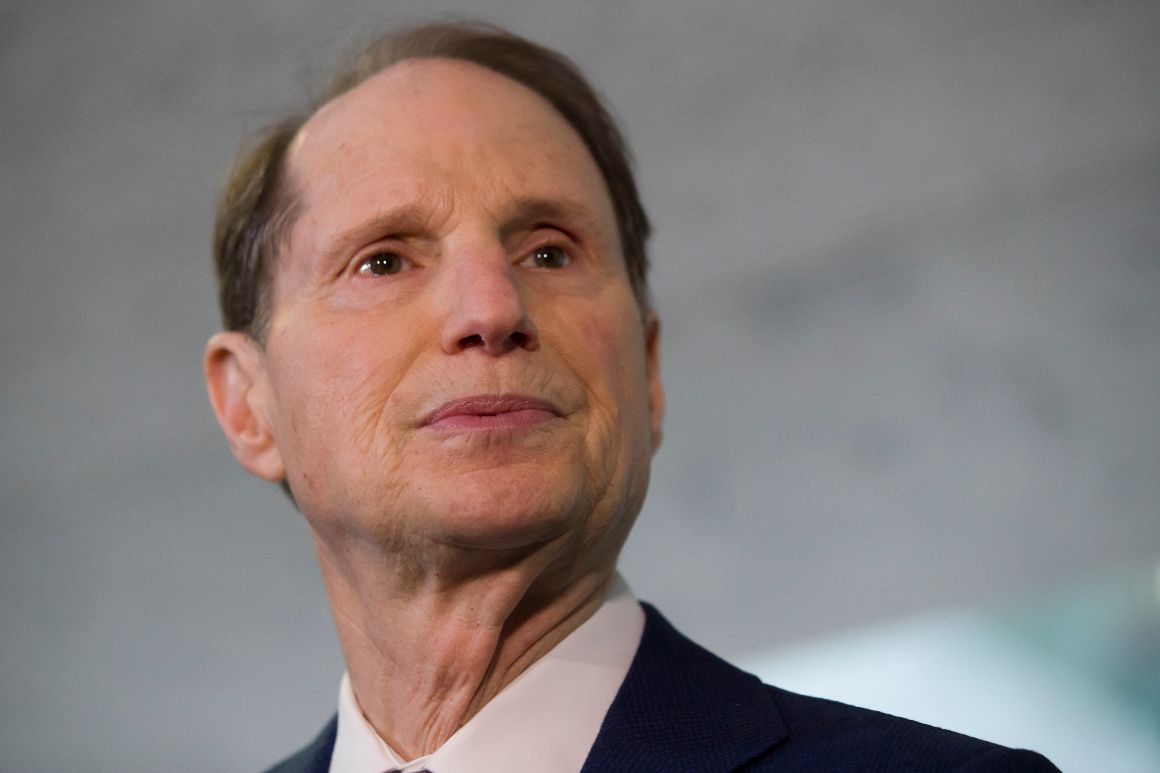
In a Democratic Senate, the Oregon senator would take the reins of the Finance Committee, a powerful panel that had a critical role in shepherding the GOP tax cuts through the chamber. Under a President Biden, Democrats would roll back many of those tax cuts— and Wyden will play a pivotal role in making that happen.
Wyden said in an interview that he has discussed the subject with Biden’s team. He also wants to focus on pandemic relief, which remains stalled.
“We’re going to make sure that the lesson of the Great Recession is learned — you don’t take your foot off the gas in the middle of an economic recovery,” Wyden said of his potential chairmanship.
Dianne Feinstein

Whether Feinstein is chair of the Judiciary Committee in the 117th Congress is still an open question, although it seems unlikely at this point after her performance during the past several weeks.
The California Democrat infuriated progressive outside groups during the panel’s Supreme Court confirmation hearings for Amy Coney Barrett for being civil and deferential to the nominee and Republicans when the left — furious over Senate Majority Leader Mitch McConnell’s rush to fill the seat before Election Day — wanted the exact opposite. There remains speculation about whether Minority Leader Chuck Schumer (D-N.Y.) will replace Feinstein atop the committee, or whether she will step down of her own volition. Feinstein’s retirement is another possibility. Neither Feinstein nor her office would comment about her future on the panel.
If Feinstein does leave, Minority Whip Dick Durbin (D-Ill.) is next in line, although the Democratic Caucus may prevent him from serving in leadership and as a committee chair simultaneously. Sen. Sheldon Whitehouse, (D-R.I.), a former U.S. attorney, is third in line.
Bernie Sanders
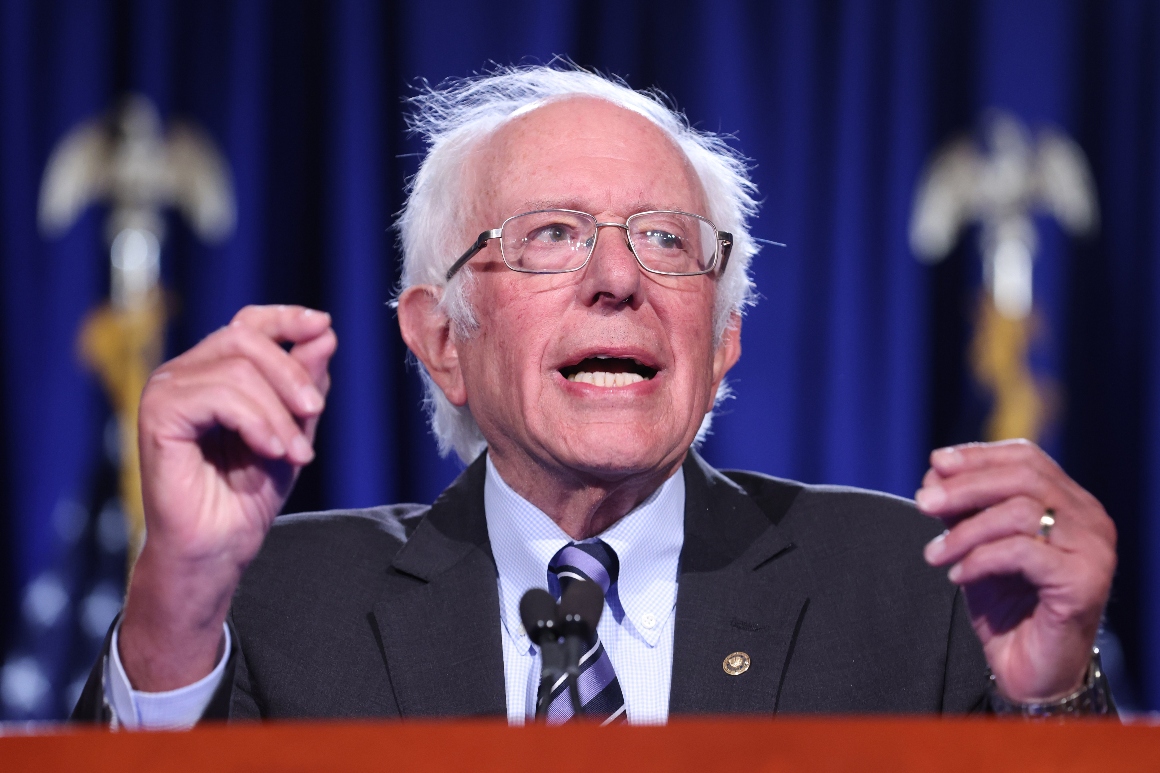
This is a fascinating scenario. The most liberal senator and former White House hopeful, a lawmaker who has long espoused the dramatic expansion of the federal government’s role in average Americans’ lives, is set to take over the Budget Committee gavel. Yet the federal deficit topped $3 trillion this year and is the largest since World War II, and the U.S. economy remains in tatters due to the coronavirus pandemic.
Sanders wants to reshape the focus of the Budget panel. “We’d create a budget that works for working families, and not the billionaire class,” Sanders said in a brief interview when asked about his agenda if he took over as chair. And if Schumer and the Democrats don’t get rid of the filibuster, Sanders’ committee would be involved in crafting reconciliation bills, allowing a potential Biden administration to push tax and spending bills through the Senate on a simple-majority vote.
However, if Biden wins, Sanders might not be in the Senate for long. POLITICO reported that Sanders has expressed interest in becoming Labor secretary in a possible Biden administration. But that’s far from certain, especially because Vermont’s Republican governor, Phil Scott, would be able to appoint a temporary replacement to Sanders’ seat.
Mark Warner
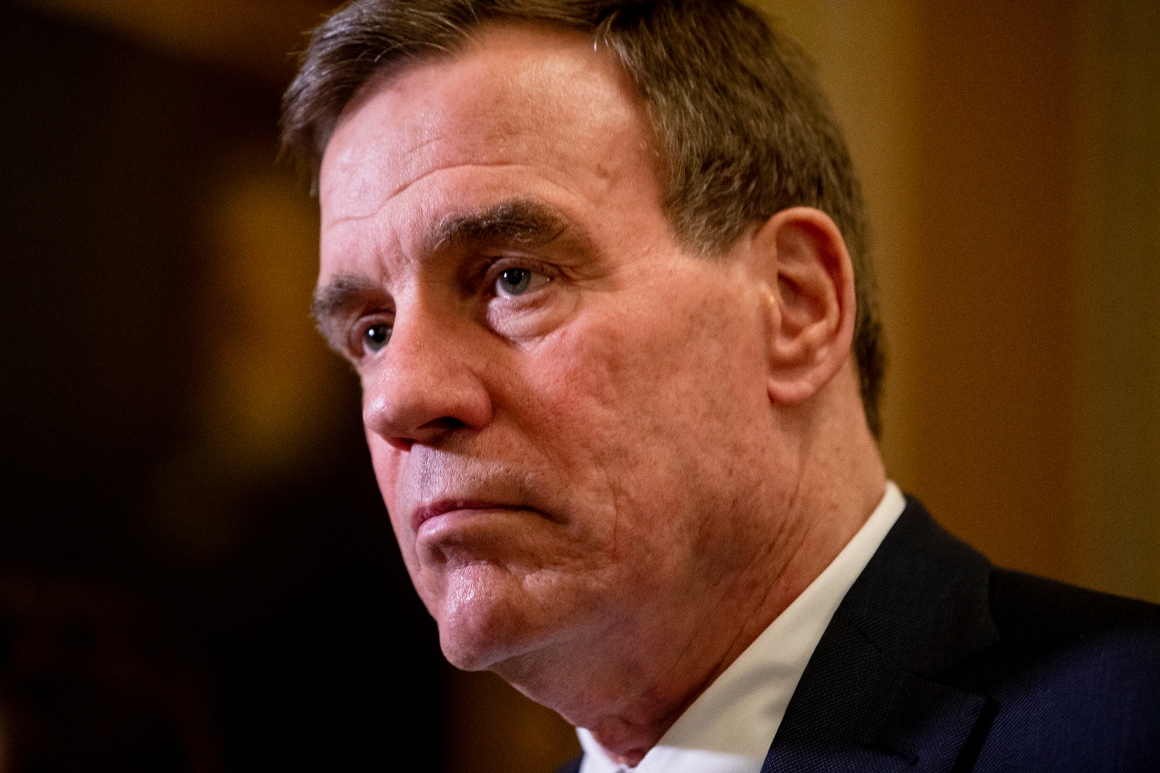
As vice chair of the Senate Intelligence Committee, Warner has maintained strong relationships across the aisle with the previous chair, Sen. Richard Burr (R-N.C.), and the current acting chair, Sen. Marco Rubio (R-Fla.). Even as the Intelligence Committee has been the epicenter of several Trump-related controversies over the past four years — most notably stemming from Russia’s interference in the 2016 election — Warner has avoided the partisan jabs that have defined the panel’s counterpart across the Capitol, the House Intelligence Committee.
If he becomes chair, the Virginia Democrat will play a critical role in shepherding national security nominees through the Senate — including a director of national intelligence and CIA director — who are not loyal to a political party or a president.
Maria Cantwell
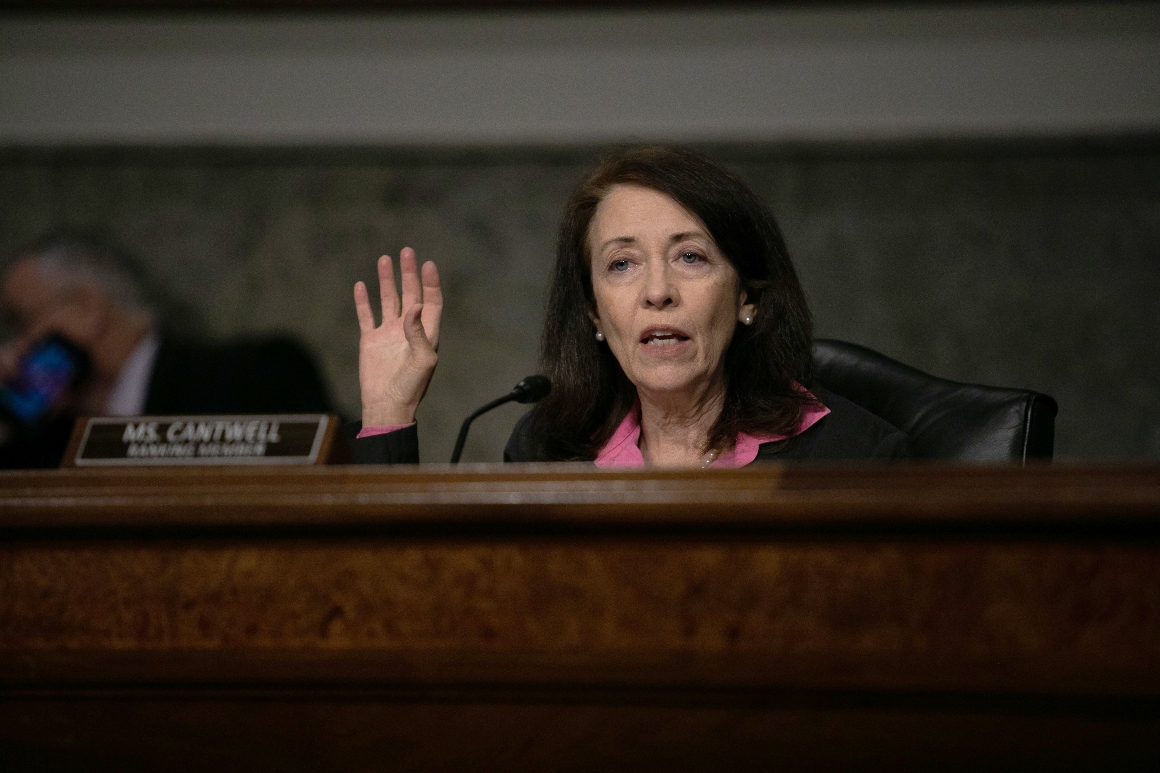
The former tech industry executive, now in her fourth term, is in line to take over the Commerce, Science and Transportation Committee if Democrats are victorious. Cantwell, of Washington state, is cautious about efforts to rein in Big Tech, or break up Google, Amazon or Facebook, and she wants to hear more on antitrust concerns surrounding the tech giants.
“I don’t care who’s in charge next time, I’m going to be talking about how we realize that we’re in an information age and we prepare for the future,” Cantwell said in an interview. “We have a president that basically is ignoring the fact, just like along with the pandemic, instead of realizing we’re in a global economy and an information age and we need to make some adjustments to make sure there are rules in the marketplace and that you invest in job training and education and disruption techniques — smoothing out disruptions.”
Cantwell added: “But I’m a believer we live in this age, not that you can deny it or put your head in the sand. So I don’t care who’s in charge, we’re going to focus on that.”
Cantwell and Commerce Democrats are releasing a report soon analyzing the impact the tech giants have had on local journalism. Hundreds of local and regional newspapers have disappeared as ad revenue has dried up, while Google and Facebook dominate the online ad market. This issue has become a major concern for those worried that the death of local papers is a threat to democracy.
Sherrod Brown

Brown is an old-school blue-collar Democrat who has spent most of his life in public office. But it’s clear the financial services industry may not love Brown as chair of the Banking panel. In 2014, when it looked like the Ohio Democrat may become chair, industry officials called it “frightening.” Six years later, it may be just as scary to them, although progressive Democrats would love it.
Brown, who has made a focus of his career pushing for more affordable housing for the middle class, has called for dramatically ramping up rental assistance during the economic crisis caused by the coronavirus pandemic. And he’s been outspoken on efforts by the Trump administration to weaken fair housing protections. Look for Brown to push both issues if he gets the gavel.
“First thing: We do a major emergency rental assistance. I mean it’s all about housing. The word housing has essentially been left out of that committee the last three or four years. So it’s all about that,” he said.
Brown clashed with Banking Committee Chair Mike Crapo (R-Idaho) and moderate Banking Committee Democrats in 2018 over efforts to weaken Dodd-Frank, the landmark financial regulatory bill. Brown lost that fight, but he won’t lose many more as chair.
Patrick Leahy
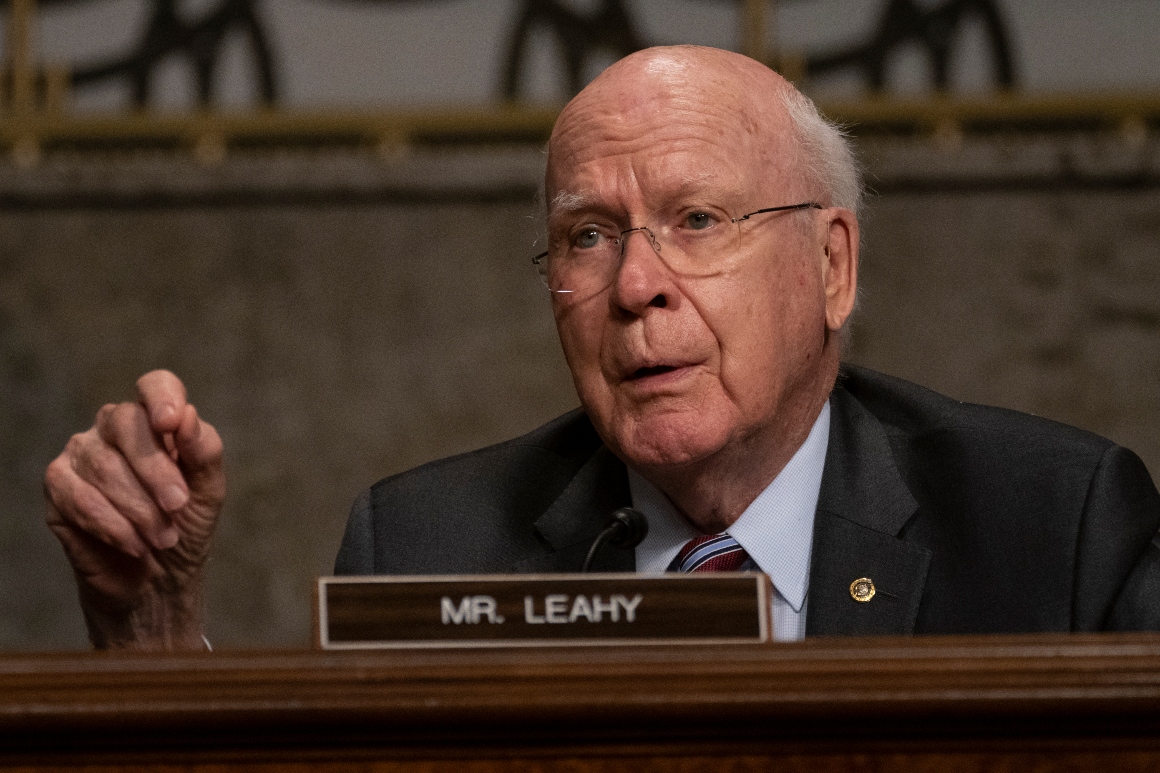
Another old-school politician, Leahy has been serving in the Senate since 1975. If Democrats retake the majority, Leahy would become yet again the Senate’s president pro tempore — the senior-most member of the majority party, a position that puts him third in line to the presidency behind the speaker of the House and vice president.
Perhaps most important, though, Leahy would become chair of the powerful Senate Appropriations Committee. He and his counterpart, fellow octogenarian Sen. Richard Shelby (R-Ala.), have a productive working relationship and have shown that they can cut bipartisan deals together.
Leahy’s ascension to the helm of the Appropriations panel also underscores the role of seniority in the Senate. With Leahy atop Appropriations and Sanders chairing Budget, a small state like Vermont would have an outsize impact on federal spending, and it would almost certainly guarantee additional funds for the state.
Patty Murray
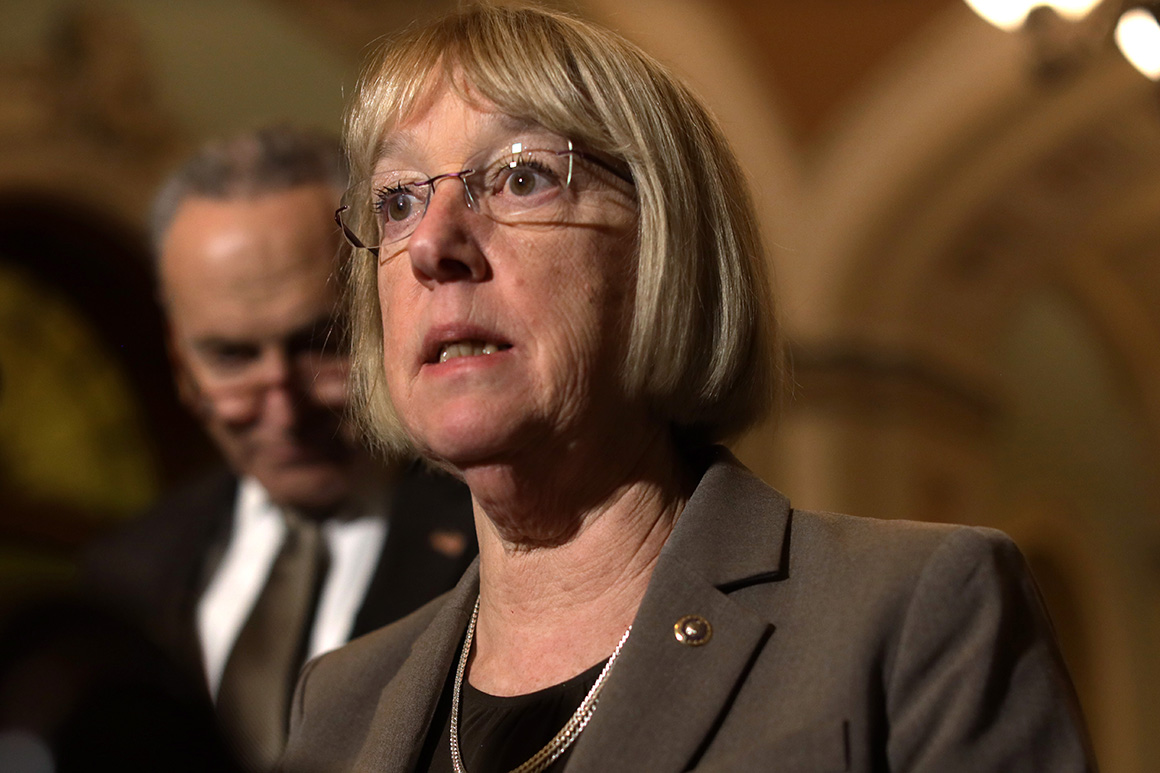
Murray, a member of Senate Democratic leadership, would take control of the Health, Education, Labor and Pensions Committee, the principal health care panel in the Senate. With the issue dominating recent elections — including this year’s cycle — the Washington state Democrat would be the face of the party’s efforts to protect and expand on the Affordable Care Act, which has come under assault from the Trump administration.
If Biden wins the White House, the Justice Department will likely drop its effort to invalidate the 2010 law in court, and Biden will work with Senate Democrats to develop a plan that vastly expands Obamacare, including the likely addition of a public option.
Gary Peters
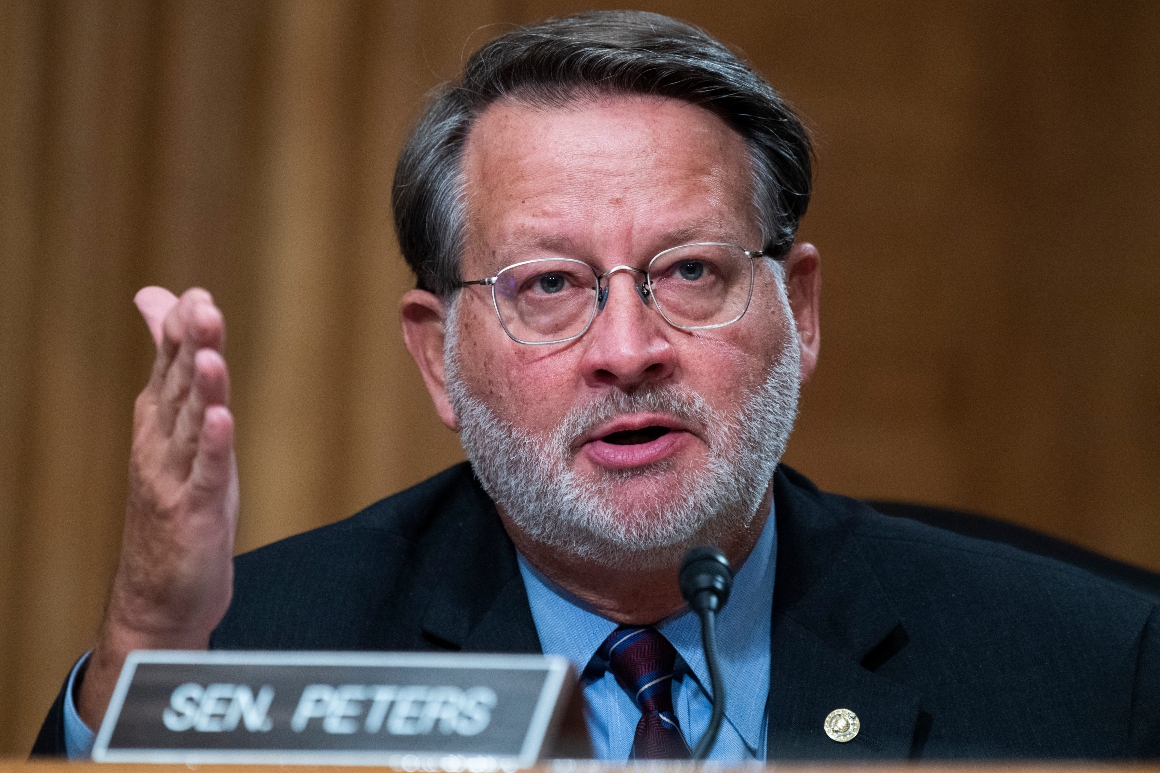
Facing his own reelection fight, the Michigan Democrat’s ascension to the chair of the Senate Homeland Security and Governmental Affairs Committee is not yet certain. But Peters’ goals for the committee, if he becomes chair, are simple: restore bipartisanship.
The committee, the Senate’s chief bipartisan oversight body, has devolved into chaos and distrust over Chair Ron Johnson’s (R-Wis.) efforts to investigate Trump’s political enemies, including the Biden family and former top Obama administration officials.
Peters tends to lay low in the Senate and tout his bipartisan credentials, but he has been forced to take on a role of pushing back against Johnson’s investigations, which he says are politically motivated and intended to boost Trump’s prospects in the election.
“I take great pride in finding ways to work in a bipartisan way,” Peters said in a brief interview. “And the committee has traditionally always worked that way.”
Burgess Everett contributed to this report.
Source: politico.com
See more here: news365.stream






